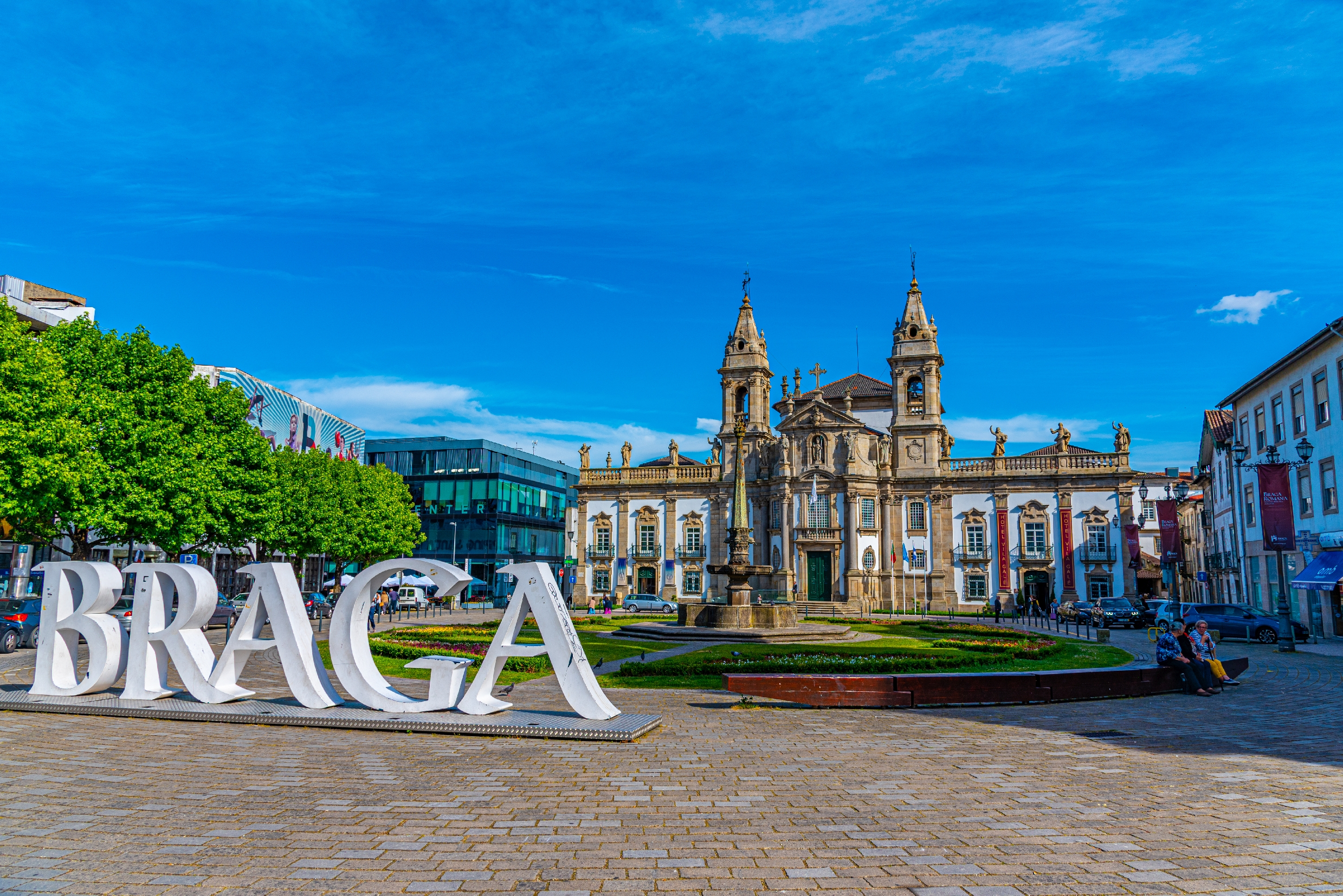The EUROPEANMOBILITYWEEK Award celebrates local authorities that have excelled in raising awareness about sustainable urban mobility during the main event week, from 16-22 September. The award is directly related to local authorities’ active participation in the campaign, which includes:
(1) organising activities focused on sustainable mobility from 16-22 September,
(2) implementing one or more permanent transport measures and
(3) holding a ‘Car-Free Day’.
In order to apply for this award, local authorities must have completed the three criteria mentioned above.
Winner of the 2023 Award, Braga, impressed the jury with its commitment to raise awareness on sustainable mobility with many stakeholders, including universities, local businesses and residents. During the campaign’s main event week, from 16 – 22 September, the Portuguese city worked with over one hundred companies to open streets for pedestrian use and construct interactive green spaces. A “Mobility Safari” involving 30 companies was also held to illustrate the importance of decarbonisation and the impact of sustainable mobility in advancing this goal. Active mobility activities for all ages – such as gymnastics and cycling – were organised to spread awareness on the benefits of sustainable mobility. The city also launched the first phase of implementation for its bike-share service.
Braga won against the other finalists of the 2023 Award – Sofia (Bulgaria) and Zagreb (Croatia).

Sofia was nominated for its new transportation service that better combines citizens’ mobility demands and reduced environmental impact. Services include electric buses, an on-demand mobile application, green corridors and new more affordable tariffs. In addition to providing cleaner and more accessible transport, the Bulgarian capital is working within the framework of the InnoAir project, which seeks to reduce air pollution through traffic calming measures as part of the European Union’s Urban Innovative Actions.
Zagreb was selected as a finalist for its integration of strategies – including the Zagreb Smart City Strategy, Air Protection Programme 2022 – 2026 and Noise Management Action Plan – that advance an ecological and digital transition with the help of sustainable mobility. In particular, Zagreb is building a 122 km bicycle path to the Slovenian border and a 23 km bicycle highway to Dugo Selo. It has also conducted studies on how to expand pedestrian zones and move away from a car-centric city model.

In 2019, this award was given to Kruševac, who won in the competition of the Greek town Rethymno and Wroclaw from Poland.
The Serbian city of Kruševac impressed the jury with its wide range of activities, underpinned by strong citizen participation and political support from the local government. Even the mayor was ‘walking the walk’, coming to work by foot to help spread this year’s mobility message. During EUROPEANMOBILITYWEEK 2019, the city streets enjoyed a new burst of life without cars, not only in the centre – which was taken over by pedestrians – but also in the suburbs, where people organised a variety of activities. The face of the city was also transformed, with the installation of new cycle paths, walkways, public squares, urban parks, benches and even swings.
Every year, from September 16 to 22, European Mobility Week takes place, the European Commission’s flagship campaign to raise awareness of sustainable urban mobility.
During the week, nearly 3,000 cities and municipalities encourage behavioural changes in favour of active mobility, public transport and other clean, intelligent transport solutions by organising awareness-raising activities and events with local stakeholders. In Serbia, seven cities joined the campaign.




